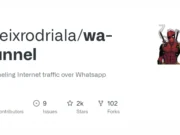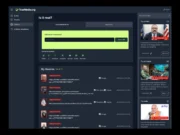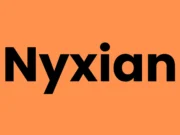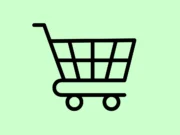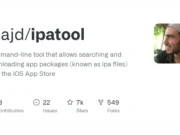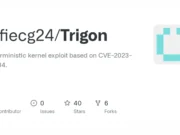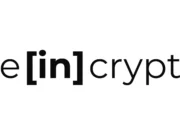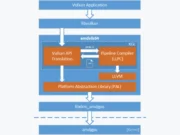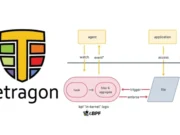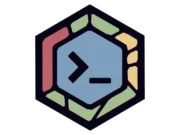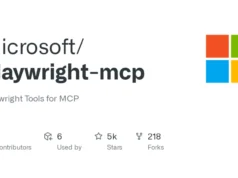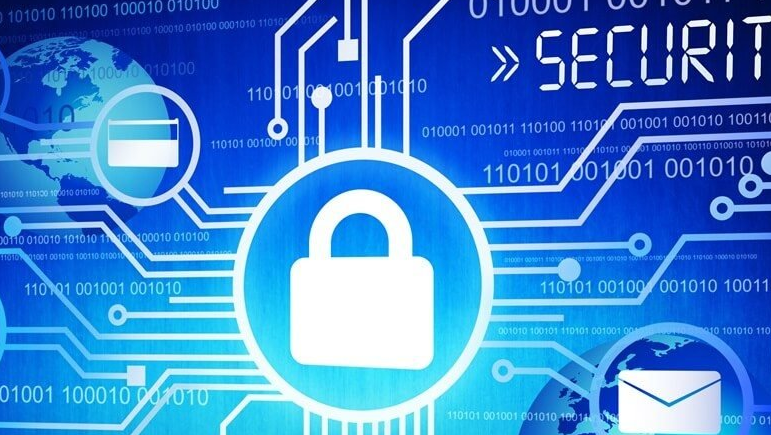Torrenting is today’s leading way to share files over the Internet. In the past, friends and family shared physical CDs, checking out the music, DVDs, and games they’ve collected. These days, however, a majority of multimedia releases are accessed in digital form. In other cases, a release might exist in digital format exclusively.
Torrenting might be more accessible than physical copies of multimedia, but it isn’t always safe. As with any online access, both torrent sourcing and downloading can leave users open to digital attacks. It’s essential to protect yourself with a VPN for this reason—assuring the safety of your personal information and device’s integrity alike.
How Does Torrenting Work?
To understand why a VPN is needed for torrenting safety, it’s important to know how torrenting works to begin with.
Torrenting is the sharing of files online via a peer-to-peer network. If a person has a file they’re willing to share with others; they can share links to them. Someone who shares a file is called a ‘seeder,’ and they usually make their file accessible through a website link. Those who want to download the file can copy the link and then paste it into a torrenting program on their own device. The file is then downloaded over the peer-to-peer network—to avoid the network instabilities, and digital dangers, of the website itself.
The Security Risks of Torrenting
Torrenting does have some downsides. As with most things Internet-related, torrenting poses several privacy concerns. As such, torrenting without the protection of a VPN can cause some issues. Below are the most common issues—and some of the most troublesome.
Website Phishing
Phishing attempts typically occur over email, but they’re not uncommon on torrenting websites. Torrenting websites that share user-owned digital content sometimes host copyrighted material, too. Downloading this material is known as piracy—which is illegal. Understandably, websites that encounter criminal behavior also pose phishing risks.
Risky websites can’t always be identified, but there are several red flags to watch out for. Any website with many pop-up ads might indicate the presence of phishers, and any website promoting the use of particular file downloaders do, too.
Peer-to-Peer Malware
Torrenterswho’re careless and who don’t take necessary precautions before downloading leave themselves exposed to phishing attempts, malware, and even ransomware. Torrenting software establishes direct, peer-to-peer connections between file-hosters and file-downloaders. Because these connections are direct, they can be far more dangerous than traditional website downloads—which a user’s firewall can scan much easier.
Legal Consequences
We urge users to avoid the torrenting of the copyrighted material. It isn’t always easy to identify free-for-use content before initializing a download, however. Because a seeder can host any file they choose, some seeders can indeed change the name of their file to mislead torrenters.
In some cases, this results in the torrenter downloading malware. In other cases, however, the files downloaded contain multimedia that requires a purchase to be legally owned. Owning multimedia without paying is considered illegal, and being caught with this material isn’t uncommon. Your internet service provider, in most cases, can see the content you download, upload, and share through torrenting software.
While using a VPN for the purpose of downloading copyrighted material is also illegal, a VPN can safeguard you in the event you accidentally download a file that misrepresents its contents. If you do indeed download copyrighted material accidentally, it’s advisable to delete this content and avoid the file-sharer in the future.
Other Ways a VPN Can Protect You
By using a good VPN service, you can make sure your browsing sessions are anonymous. A VPN reroutes your IP address, stopping anyone from discerning your torrenting activities. This accounts for both downloads and uploads—as well as visits to torrent-hosting websites.
A VPN also encrypts your connection—further defending your personal information if your connection is spied upon by malicious online users. Most quality VPN providers even offer servers that cater to those who torrent. These servers hide both your P2P sharing and traffic, masking others who upload torrents as well.
In any event, using a VPN while browsing the Internet is simply a safe practice. Hackers can be encountered anywhere—from file-hosting websites to social media websites. Once more, you shouldn’t use torrenting software to download copyrighted material. There are plenty of copyright-free files to explore on the Internet, and some are just more feasible to access through torrenting.
File-sharing websites are common browsing locations for hackers, even though a user might not encounter a hacker on such a website directly. Be sure to double-check any suspicious emails before opening them, and don’t click any links which identify themselves as links to your personal accounts. Legitimate websites will never do so, but phishing attempts can be incredibly misleading.
To experience a safer web-browsing experience, get in touch with your VPN provider of choice today. Before long, you’ll have the defense you need to access the Internet anonymously.




